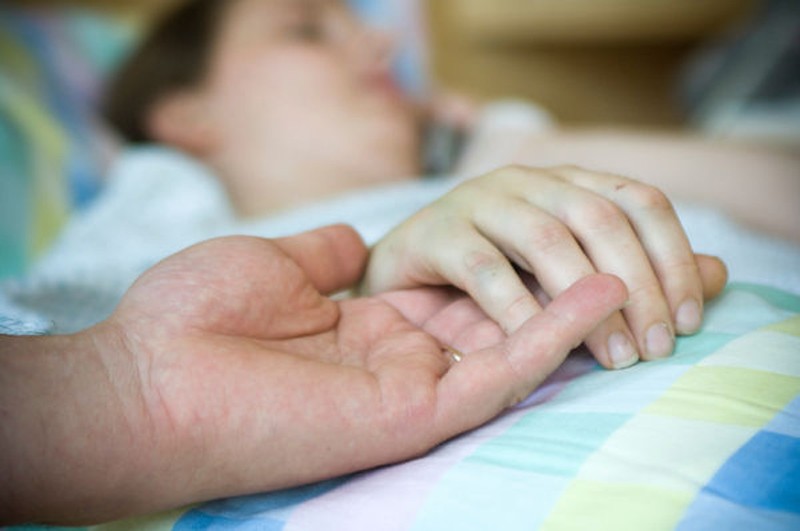

Dear All,
An old family friend had a fall a few weeks ago and during the hospital stay, which was required to re-set her fractured bone, developed various other complications. These included an imbalance of various levels in her body (the severe medication) and a sense of despondency (depression which patients with slow convalescence are prone to).
After a second stint in hospital, I found her unable to speak, and clearly quite distressed by her state. It turns out that during the most recent stint in hospital, a feeding tube had been put down her throat, and this had caused an infection; so now she was unable to eat or swallow. A feeding bag had been attached to her.
This friend is one of the loveliest, most dignified, most independent individuals I have met in my life.
The chain of events that followed her fall and broken bone are not uncommon in the case of the elderly, but the sudden loss over the intake of food is probably one of its most depressing aspects. I decided that I must somehow ensure that I avoid ever being in the situation where I need a feeding tube -- a life without the pleasure of food is not much of a life.
Yes, I know there are situations where this is just an interim measure. I remember the case of a friend who was in ICU for over a month, unconscious and being fed through such a tube and who is now quite well. But I also remember when my father had to have one put in during one of his hospital stays, the extreme discomfort the insertion caused and his ineffective protests when it was being done.
So I have decided that I now need to make a living will.
A living will (in the UK) allows you to pick what type of treatment you want, and what sort of treatment you want to refuse. I do not want a feeding tube and would prefer to exit this life rather than be in a position where I am unable to eat or taste food.
But these sorts of decisions lead, of course, to the thorny question of assisted suicide. This has been a big debate in the UK for many years. Because assisting suicide is against the law. The families of British citizens using Dignitas facilities to exit this life, have had to be investigated by the police. Despite efforts by terminally ill campaigners like Debbie Purdie, the law could not be changed, and one can sort of see why -- it would be open to abuse by individuals considering others (old, infirm, disabled) a liability they should be rid off. Vulnerable individuals could easily be pressurised into ending their lives this way, and because of this the law remains unchanged. However, the way police handle the cases has eased slightly.
The religious and social view is that taking your own life is a crime. It is certainly a tragedy in the case of depressive people, because often there is a treatment and a way out. But is it the same in the case of people who are mentally in control?
If you have a deteriorative and terminal illness is it wrong to specify the boundaries you do not wish to cross as a patient?
I know that some people will consider this a terrible question to debate but they are the people who tell you that everything is through Divine will, ‘a test’, and so you must just grin and bear it and be tested.
Is that right? I do not know what will happen to me but it still pains me to think of my father’s final years: skeletal, drawn and mostly in pain -- so tired that towards the end he could barely speak. My one consolation: he ate a proper meal hours before he passed away.
It’s a difficult debate.
Best wishes